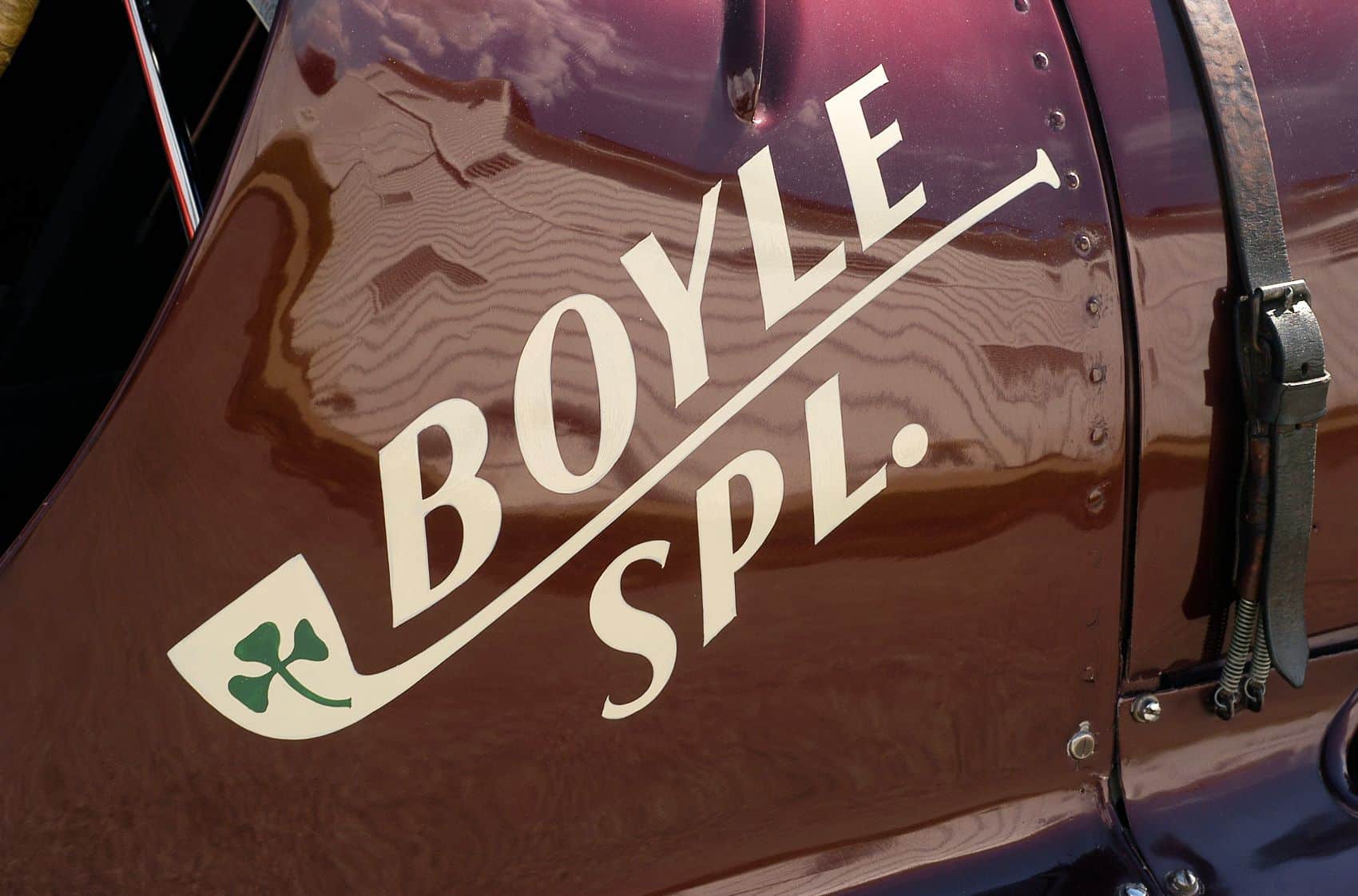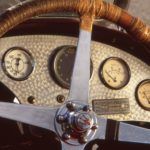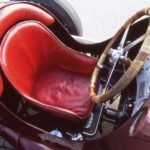There was a weird time in the racing world after World War II broke out in Europe, but it hadn’t started in America yet. Racing, along with any sort of normal life, came to a screaming halt for Europeans, but until Pearl Harbor, America continued on like everything was going to be okay. Right in the middle of all this, an unlikely Italian Grand Prix car ended up in the hands of a young Indiana hot shoe who ran it at the Indy 500 in May of 1939.
Rolling The Dice
The hot shoe in question was 27-year-old Wilbur Shaw, winner of the 1937 Indy 500, who was content to win it more than once. His ride, a Maserati 8CTF, was, to say the least, a bit of a gamble. Grand Prix cars then, as now, were technically advanced, lighting-fast, and overall high-performing machines. However, they were only designed for races a couple of hours long. 500s of the period could last more than twice that amount, and the 1939 Indy 500, where Shaw’s Maserati debuted, went for over four hours. It’s like asking Usain Bolt to run a marathon.
Sure, he’s quick, but will he last?
Second Wind
On top of this, we’re talking about Maserati here. Mercurial doesn’t begin to describe the famed Italian car company’s history. Maserati always seemed to have two modes: on top of the world or coming apart at the seams. Political infighting, drowning in debt, and (worst of all) failing to win races with slow, outmoded cars. Yet, in May of 1937, the Maserati brothers would get another chance when the Orsi Group acquired the company’s shares.
At that time, the international racing authority changed the technical rules and introduced tighter restrictions for Grand Prix cars. Starting in 1938, displacement was to be limited on the basis of the car’s weight, with a maximum of 3,000 cc for supercharged engines. 1938, incidentally, was one of those years when Maserati was on an upswing, as Ernesto Maserati was successfully developing a new car, the 8CTF, based on the rule changes.
When they finally rolled out the 8CTF, it looked and felt like a real runner.
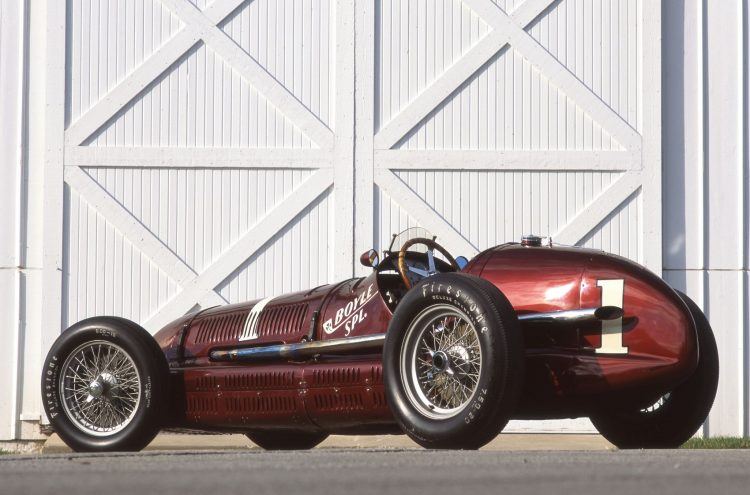
Maserati 8CTF: Technical Specs
Built to the new GP rules for that year, the 8CTF was state-of-the-art. Constructed around a ladder frame with two steel C-section bar rails and cross-members, the car’s straight-eight was effectively two four-cylinder engines grafted together in the middle. Essentially, it was a “monoblock” design, with the cylinder head and block being one single piece. Ergo, the name “8CTF” or eight cylinders, and the “TF” meaning “Testa Fissa,” or fixed head.
Displacement was 2,991.4 cc with a rather low compression ratio of 6.5:1, dictated by the two superchargers. There were two valves per cylinder in a 90-degree V arrangement, actuated by two overhead camshafts. All told it cranked out around 365 horsepower through a four-speed transmission, tipping the scales at 1,719 lbs. and topping out at 180 mph.
Radical for the day.
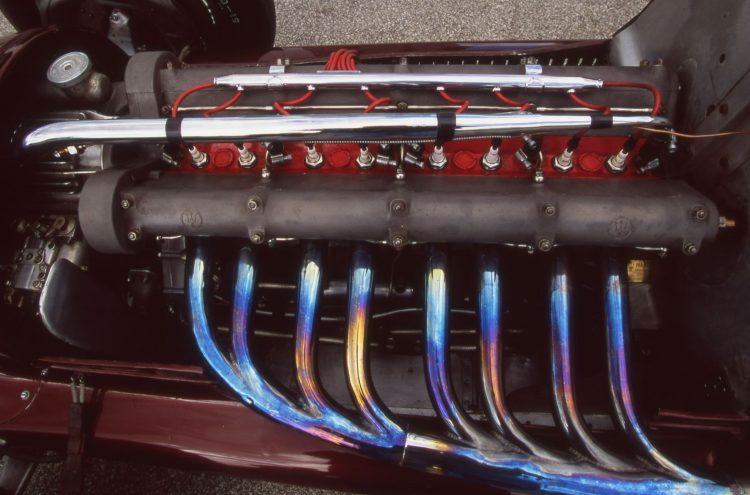
Gaining Traction
The 8CTF started off with a bunch of promise and potential. Count Trossi led the Tripoli GP for several laps and took pole position in the Coppa Ciano. Gigi Villoresi had recorded the fastest lap in the Coppa Acerbo in his 8CTF. With results like this, the customers started lining up at the Maserati shop in Bologna, Italy. One of the customers was, oddly enough, Michael Joseph “Mike” Boyle of the Chicago-based team Boyle Racing.
Early in 1939, Boyle’s team manager, Harry W. “Cotton” Henning, traveled to Bologna and bought a Maserati 8CTF. He then sent it back to Chicago, where it was prepped for the race with larger wheels and Firestone tires and painted in the Boyle Racing amaranth color livery – a gorgeous shade of dark, dark red. Boyle, passionate about Motorsports as a child, was determined to win the Indianapolis 500 with a car funded entirely by himself. And the 8CTF was that car.
Entered as a “Boyle Special,” it was entrusted to one Warren Wilbur Shaw. He qualified the thing on the outside of the front row for The 500.
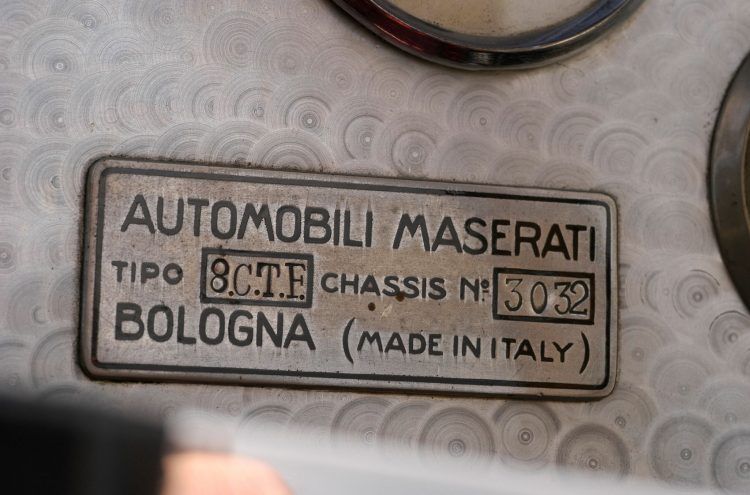
Repeat Victories
After a day-long, three-way battle between Shaw, Louis Meyer in a Stevens-Winfield, and Jimmy Snyder in an Adams-Sparks, Wilbur Shaw won the Indy 500 on May 30th, 1939, leading 51 laps along the way. This was a historic moment for Maserati since no European car had won at The Speedway since 1919. But it gets even better.
Fast forward to 1940, and Wilbur Shaw won again! In the same 8CTF he used in 1939! I don’t mean the same type of Maserati, I mean the exact same car; same engine, transmission, everything! Two 500 wins, back-to-back, just like that! These wins confirmed the 8CTF’s speed, durability, and reliability over long distances. The seemingly unlikely 1939 Indy 500 win gave Maserati international recognition, and the next year, three more of their cars appeared, the winning one, of course, driven by Shaw himself.
The Maserati 8CTF became a benchmark, racing on American oval tracks through the 1940s.
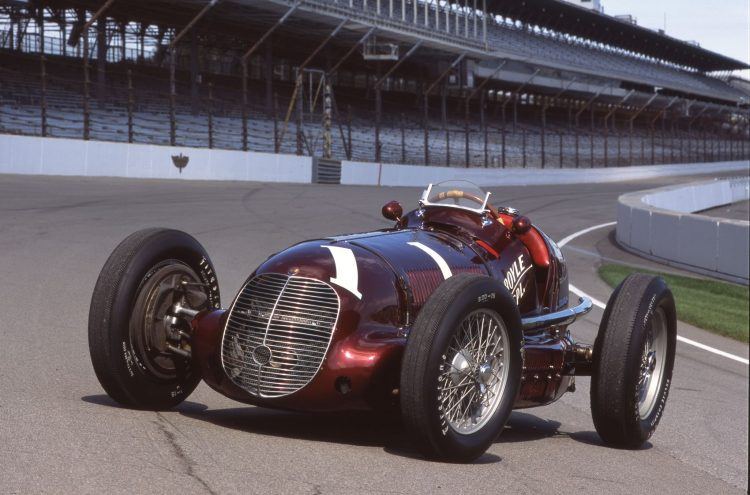
Speedway Legends
The Indiana-born Shaw is among the most successful drivers in the history of the Indianapolis 500, with three victories (1937, ’39, and ”40) and second-place finishes in 1933, ’35, and ’38. During his career, Shaw made 13 appearances in Indianapolis.
It’s for reasons like this that Shaw’s “Boyle Special” is one everybody remembers. That car, chassis number 3032, is currently on display at the Indianapolis Motor Speedway Museum, right there on the short chute between turns 1 and 2 in the infield of the Speedway itself.
Needless to say, next time you’re in Speedway, go in and check it out.
Longtime Automoblog writer Tony Borroz has worked on popular driving games as a content expert, in addition to working for aerospace companies, software giants, and as a movie stuntman. He lives in the northeast corner of the northwestern-most part of the Pacific Northwest.
Source: Maserati North America, Inc.
Photos: John Lamm.


